August 23, 2024 (Friday) at Nakano campus, Meiji university
WORKSHOPS
ICoME2024 will offer a workshops on Day 3.
The objectives of the workshop is the followings:
(1) Build international and academic networks
(2) To discuss the significance and challenges of performative educational media research through workshops
(3) To discuss based on ICT educational practices conducted in Japan
Those who wish to attend are requested to register in advance. Registration will close when we reach capacity. We look forward to exchanging views on educational media research through workshops with people from diverse countries and regions!
TIME TABLE for WORKSHOPS
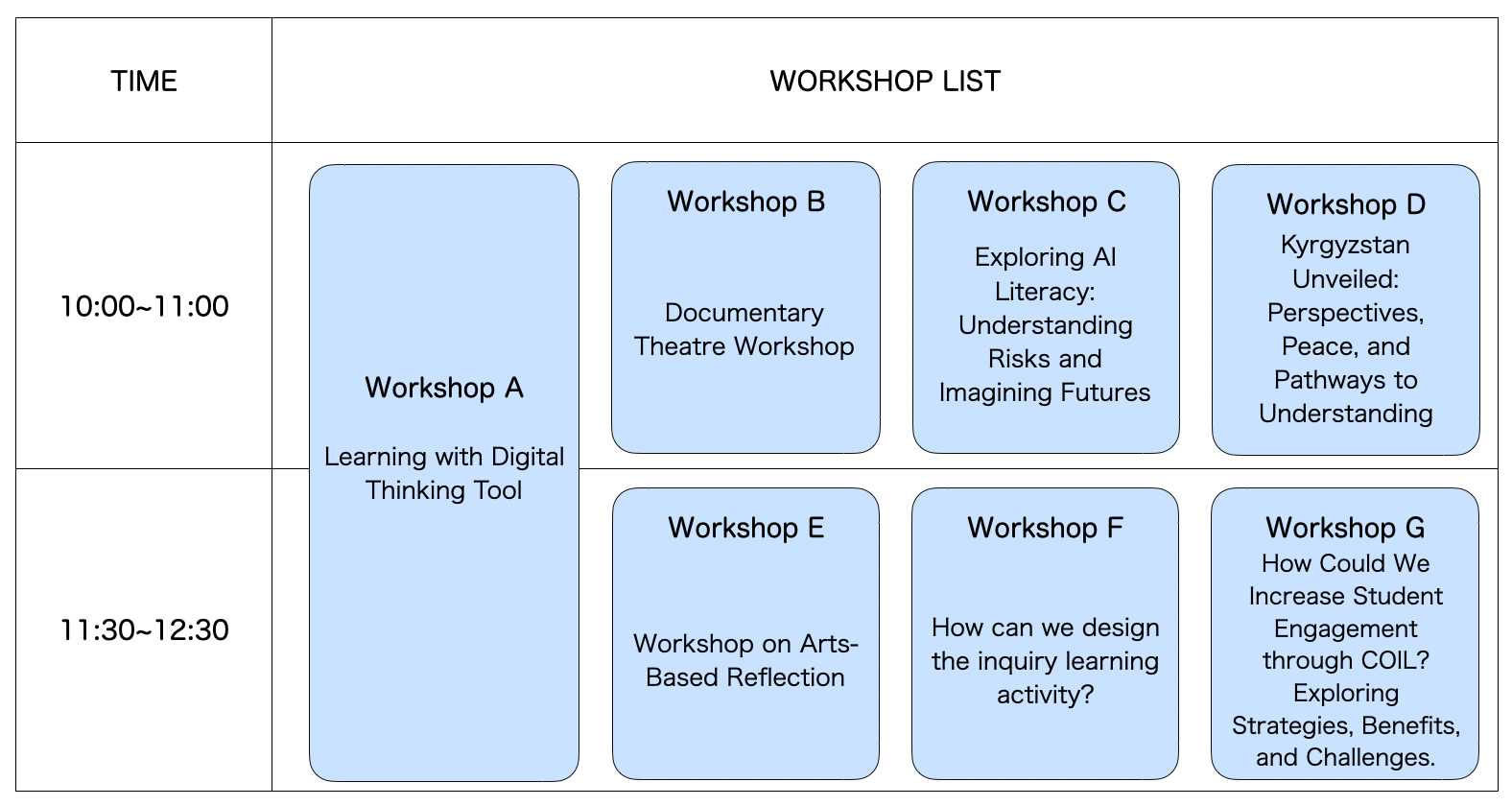
Workshop Details
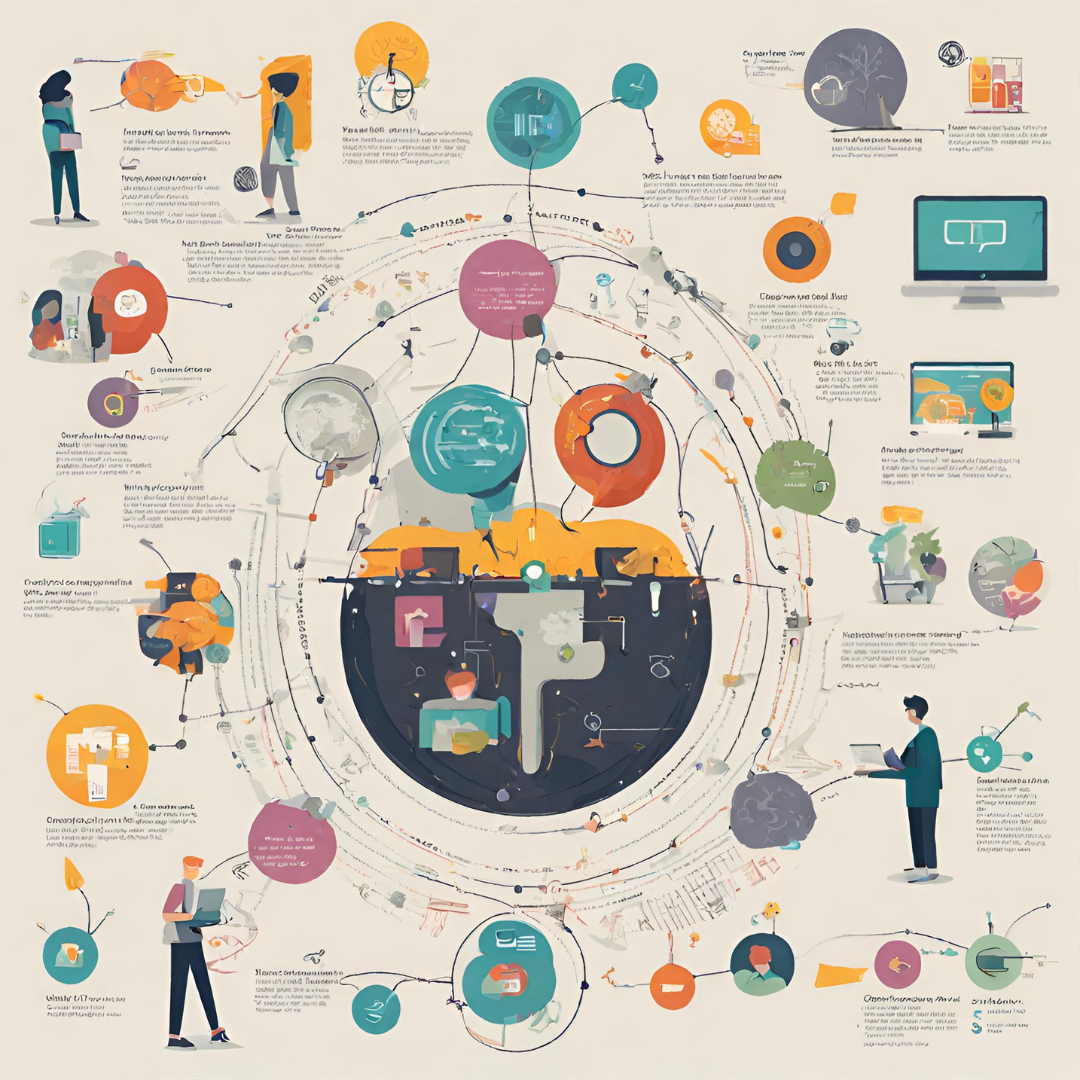
Organizer:
Haruo Kurokami (Kansai University)
Workshop A
Learning with Digital Thinking Tool
Keywords : Thinking Skill, Visualization, LMS
The one-to-one learning environment is now becoming fundamental in several countries. While many things were accomplished, our concern is with the use that commits each individual to thinking, organizing information, structuring ideas into a coherent form, and presenting it visually. Supporting such a thinking process involves determining what thinking skills are needed and using the appropriate visual tools/graphic organizers. Moreover, the digitalization of these tools makes it possible to communicate ideas to each other and to construct ideas collaboratively. This kind of learning has of course been aimed for in the traditional classroom, but in practice, it has been impossible due to time and space barriers. What makes this possible are class support systems and digital thinking tools.
LoiLoNoteSchool is a class support system that includes a very simple tool for creating presentation slides, video editing, and a thinking tools function. In this workshop, we would like to discuss the mechanism and significance of LoiloNote School while actually using it.
Workshop B
Documentary Theatre Workshop
Keywords : Documentary Theatre, Arts-Based Research, Education for Multicultural Conviviality, Higher Education
Documentary theatre performs social events based on various materials, such as interviews with the people involved, eyewitness accounts, and documents. The purpose of such theatre is not merely for the audience to appreciate the play. It encourages the audience to think about social issues from various perspectives and to engage emotionally and deeply with the complexities of the events. It also aims to generate new meanings through a multifaceted understanding of the event with the performers and the audience.
The workshop will begin with staging a documentary theatre developed as the educational program for multicultural conviviality at higher education, which Kawashima and her seminar students have been working on together. In the production process, the students took the initiative in deciding on the theme, selecting the subject, conducting fieldwork and interviews, writing the script, and practicing. In these activities, students worked collaboratively and were assigned various roles, such as performer, filmmaker, and designer of educational activities.
During the workshop, participants are invited to participate in various activities. Through those processes, we will collaboratively deepen our understanding of the events in the play while making conscious what is usually unconscious.
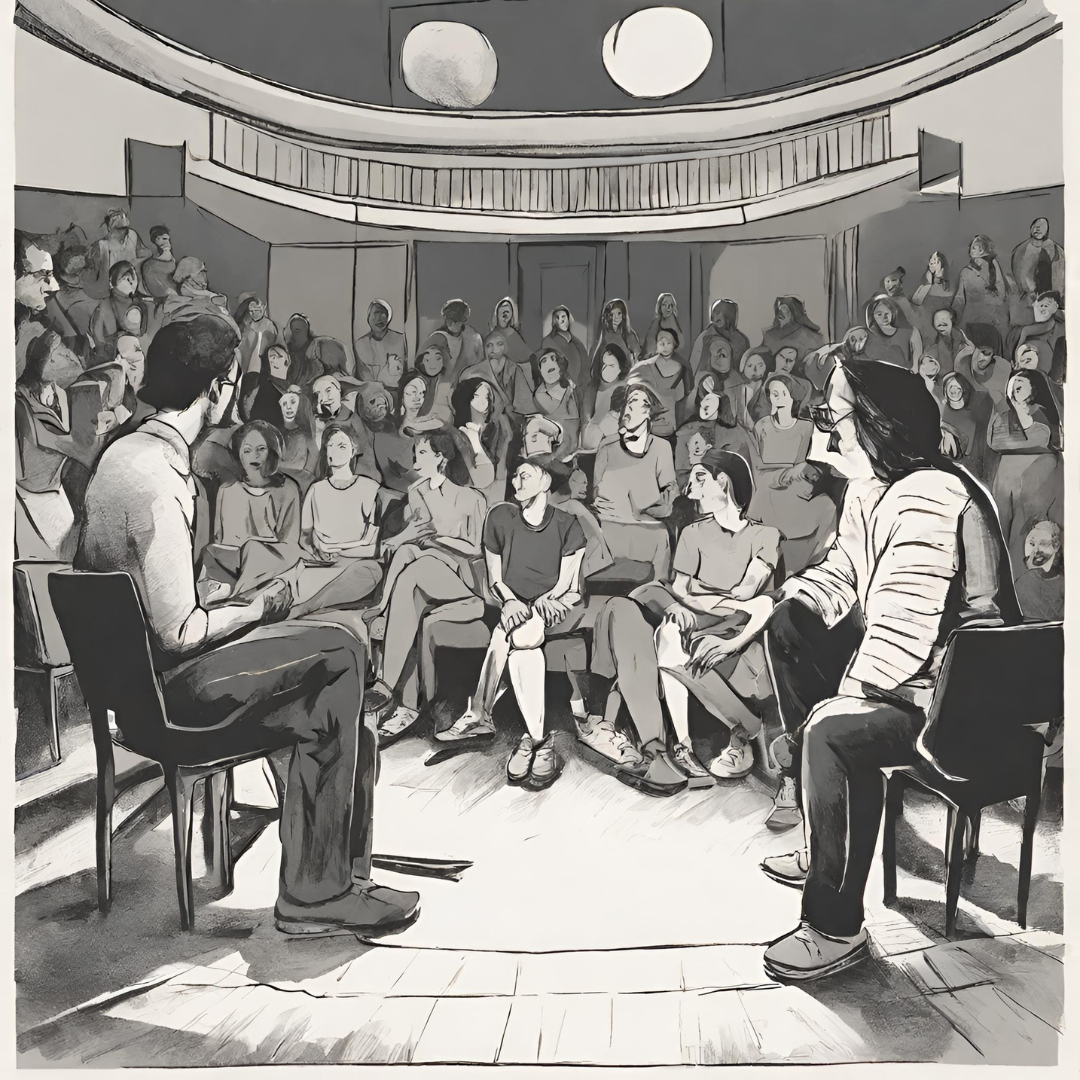
Organizer:
Yuko Kawashima (Kansai University)
Kawashima seminar students (Kansai University)
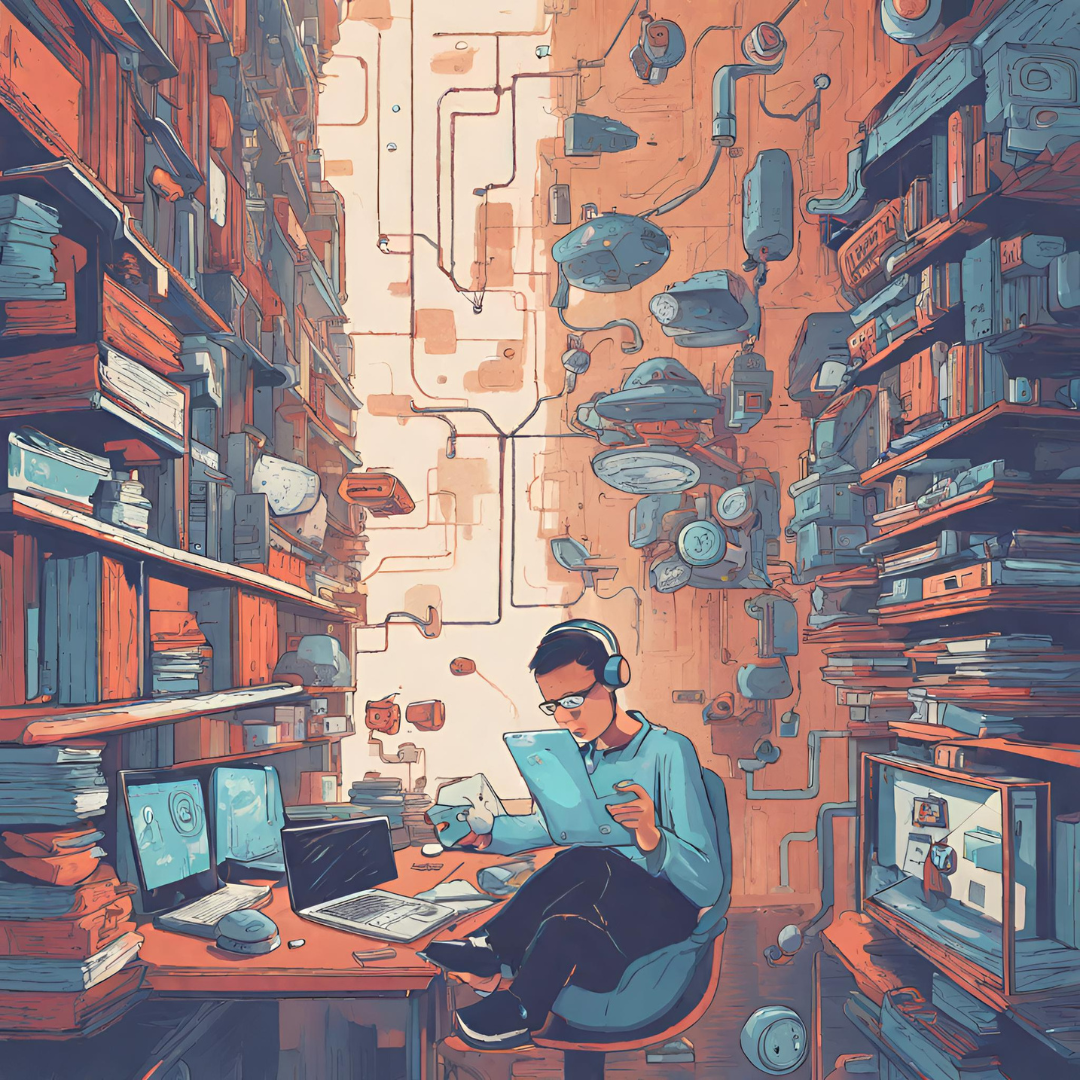
Organizer:
Tokyo University of Science
Takaki KONDO(Tokyo University of Science)
Kento NAKAMURA(
Tokyo University of Science)
Koki TAMAKI(Tokyo University of Science)
Shota HIGHCHI(Tokyo University of Science)
Yuki WATANABE(
Tokyo University of Science)
Hiro KAWAMURA(Future University Hakodate)
Joya NAGATA(Future University Hakodate)
Workshop C
Exploring AI Literacy:
Understanding Risks and Imagining Futures
Keywords : AI Literacy, Critical Thinking, Culturally Relevant Pedagogy
In recent years, AI technology has become widespread in applications such as YouTube and TikTok, and Large Language Model (LLM) based AI like ChatGPT has become prevalent. However, concerns about the dangers of AI, such as privacy issues, information bias, and ethical concerns, have also been raised. In educational research, there has been a focus on fostering AI literacy among users, not just engineers, since 2019.
Long and Magerko (2020) classified AI literacy into 17 competencies, defining it as the ability for individuals to critically evaluate AI technology and use AI as a tool in various contexts. This broader understanding of AI literacy is essential, especially as AI becomes increasingly integrated into everyday life, from social media algorithms to healthcare decision-making systems.
In this workshop, we will focus on “AI’s Strengths & Weaknesses” and “Imagine Future AI” among the 17 AI’s competencies. By examining real-world social issues through the lens of AI, participants will explore the potential risks and impacts associated with AItechnologies. Through interactive discussions and activities, participants will develop critical thinking skills and learn to evaluate AI systems’ strengths and weaknesses in different contexts.
Furthermore, in this workshop, we plan to utilize AI Snapshots provided free by our partner organization aiEDU in the United States. Participants will not only hear about our practices but also actually experience the AI Snapshots. We hope this will provide insights into the application of AI literacy education.

Organizer:
Yasuko Sato
(Niiagata University of International and Information Studies)
Meerbek Kudaibergenov
(Seoul National University of Science and Technology)
Workshop D
Kyrgyzstan Unveiled:Perspectives, Peace, and Pathways to Understanding
keyword: Kyrgyzstan, Peace Education, Relocation Experiences, Russia-Ukraine Conflict, YouTube Narratives
In this workshop, we will look at Kyrgyzstan, a post-Soviet nation, and its role in the ongoing conflict between Russia and Ukraine. Our main focus will be on the firsthand experiences of Russian citizens who have chosen to relocate to Kyrgyzstan during these turbulent times. Through the lens of YouTube video content they have created, we will explore their perceptions surrounding this unique destination. Drawing from the themes and narratives that emerge from these videos, we aim to facilitate a dynamic discussion. Together, we will reflect on the crucial role of peace in our global landscape and the transformative power of peace education. By fostering a deeper understanding and empathy, we hope to cultivate meaningful connections and contribute to a more harmonious world. Join us for an engaging workshop where we will unpack the stories, insights, and aspirations that shape Kyrgyzstan’s evolving narrative amidst the backdrop of conflict.
Workshop E
Workshop on Arts-Based Reflection
Keywords : Arts-Based Research, Reflection, 探究学習(Inquiry-based learning)、High School Education
In recent years, arts-based reflection techniques have gained significant attention in education, learning, and personal development. They offer a potent means for individuals to delve into their experiences and emotions, fostering deeper insights and understanding. The workshop aims to leverage art as a tool for participants to reflect on their experiences and emotions, facilitating mutual learning and discussion. The first half will feature presentations by Waseda Seryo High School students on their experiences with Arts-Based Reflection in inquiry-based learning, followed by dialogue. In the latter half, attendees will engage in reflection using specific art techniques.
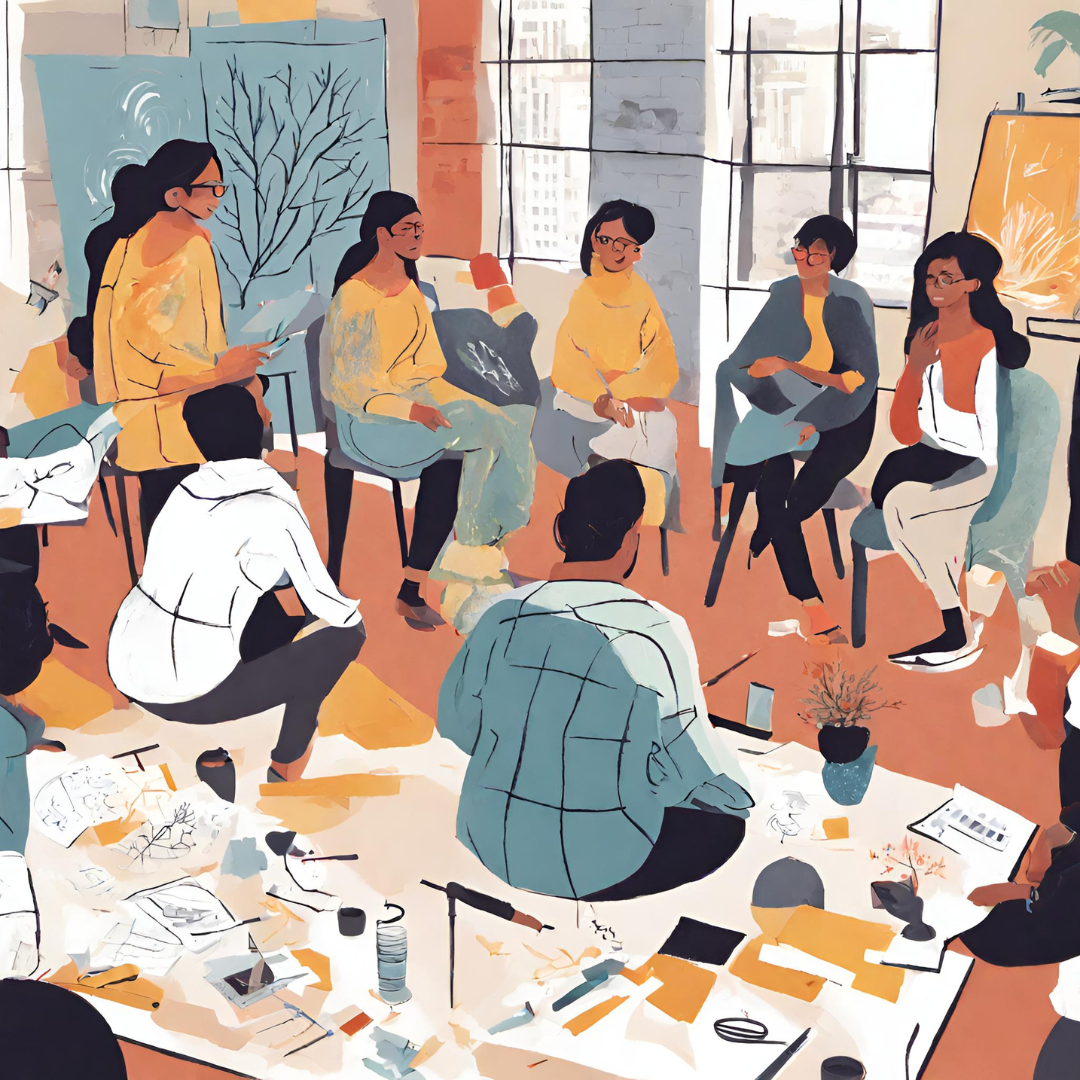
Organizer:
Makiko KISHI (Meiji University)
Kyoko Hazama (Meiji University)
Yasuyuki Oda(Waseda Seryo High School)
Shione Kida(Waseda Seryo High School)
Toru Murakami(Waseda Seryo High School)
Kenzo Yoneda(Waseda Seryo High School)
Workshop F
How can we design the inquiry learning activity?
keywords: Inquiry Learning, Design of Learning Environment, Agency, Primary and Secondary School, Learning Context
The OECD Future of Education and Skills 2030 project developed the OECD Learning Compass 2030 ( OECD n.d.). It emphasizes the new competencies and the agency that students must develop for their well-being. Inquiry-based learning is an approach to engage students in problem-solving, social change, and creation, and it helps develop their competencies and agency through various activities. Inquiry-based learning has a characteristic connection with social situations, therefore, educators must consider the social context students are located in and how the learning environment must be designed. However, each school and student has a different social context, hence we are not able to generalize educational methodology, educators have to design with making linkage between global and local context.
This workshop aims to share the characteristics of each local learning context and discuss how we can design the learning environment among participants. We hope this workshop will be a chance to create new insight into designing inquiry-based learning to engage students to achieve their well-being.
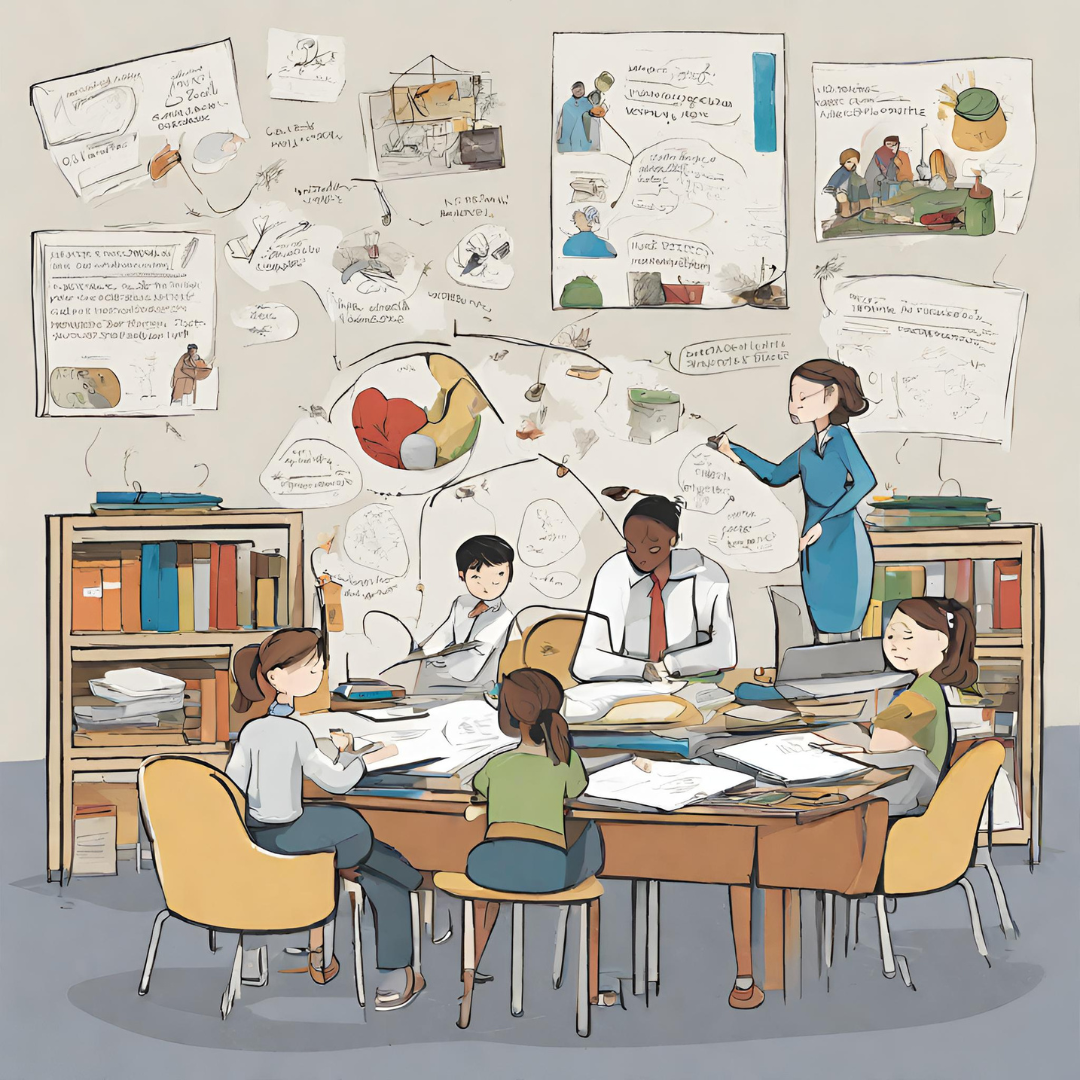
Organizer:
Ryota YAMAMOTO (Osaka Kyoiku University)
Toru NAGAHAMA (Tohoku University)
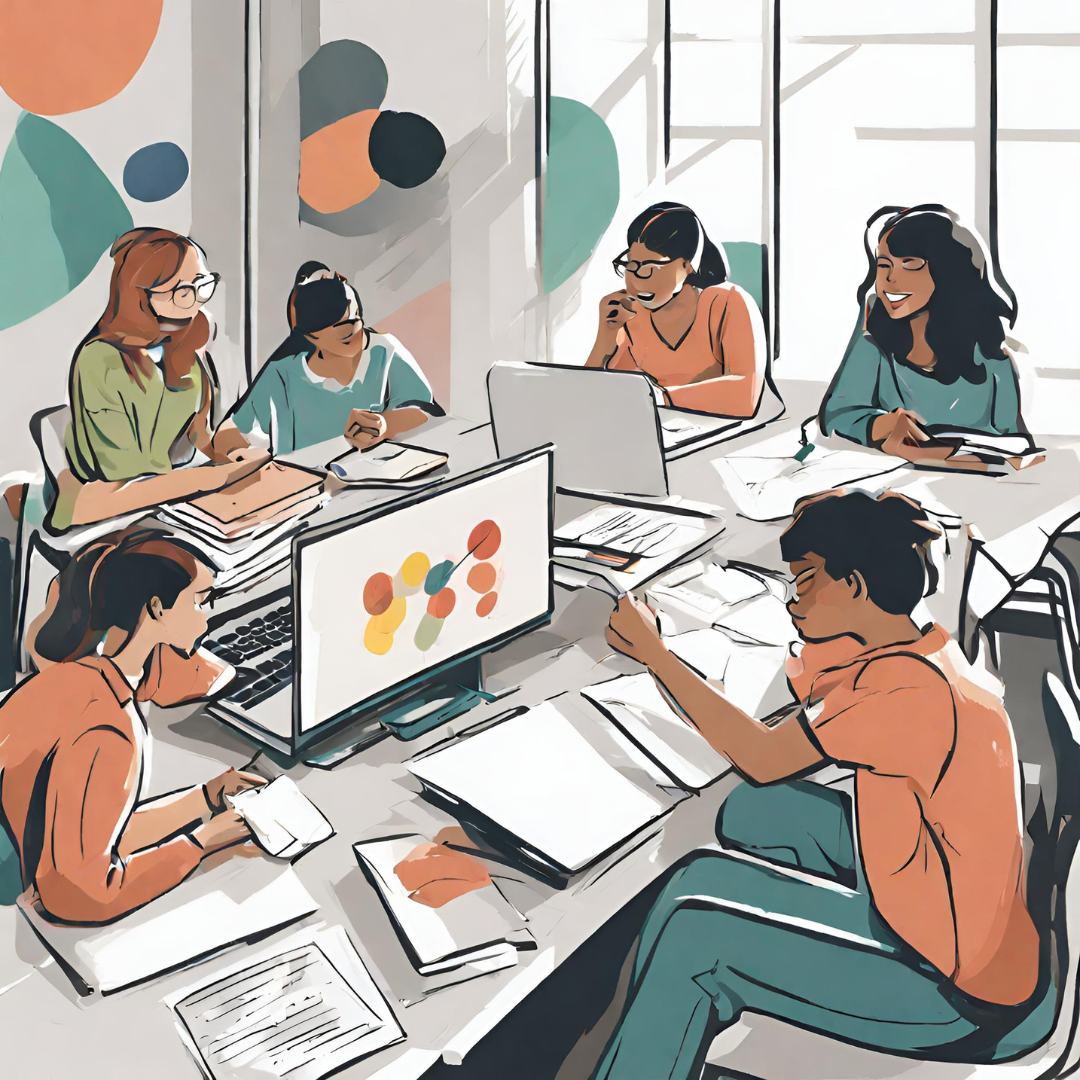
Organizer:
Shari Yamamoto (Konan University)
Mihoko Chiba (Konan University)
Gibran Garcia (Toyo University)
Workshop G
How Could We Increase Student Engagement through COIL? Exploring Strategies, Benefits, and Challenges.
keywords: COIL-type education, pedagogical methods, ICT tools, evaluation methods
Collaborative Online International Learning (COIL), commonly referred to as “COIL-type education,” is a method that connects students in Japan with their counterparts overseas through online platforms. Coined by New York State University in 2004, COIL was introduced to Japan in 2014. This approach involves students collaborating on projects and engaging in discussions to solve given problems.
COIL has been adopted by numerous universities, employing a diverse range of ICT tools and evaluation methods. In this workshop, we will initially share our experiences with COIL projects at Konan University and Toyo University, serving as examples of COIL-type education.
● Konan University collaborated with partner universities on COIL projects ranging from entirely online learning to hybrid learning, adding an in-person component to the COIL design. Online interactions occurred synchronously on Zoom and asynchronously on virtual platforms such as Padlet and Flip, which housed project materials and facilitated interactions that enhanced student engagement and learning.
● Toyo University students honed their English proficiency and fostered intercultural communication skills through COIL. This initiative facilitated cultural exchanges with international peers using the virtual 3D learning platform FRAME.
Subsequently, we will encourage all participants to share and discuss effective strategies for designing COIL, fostering a proactive learning environment for students. Ultimately, this workshop aims to facilitate networking opportunities and future collaborations between universities.